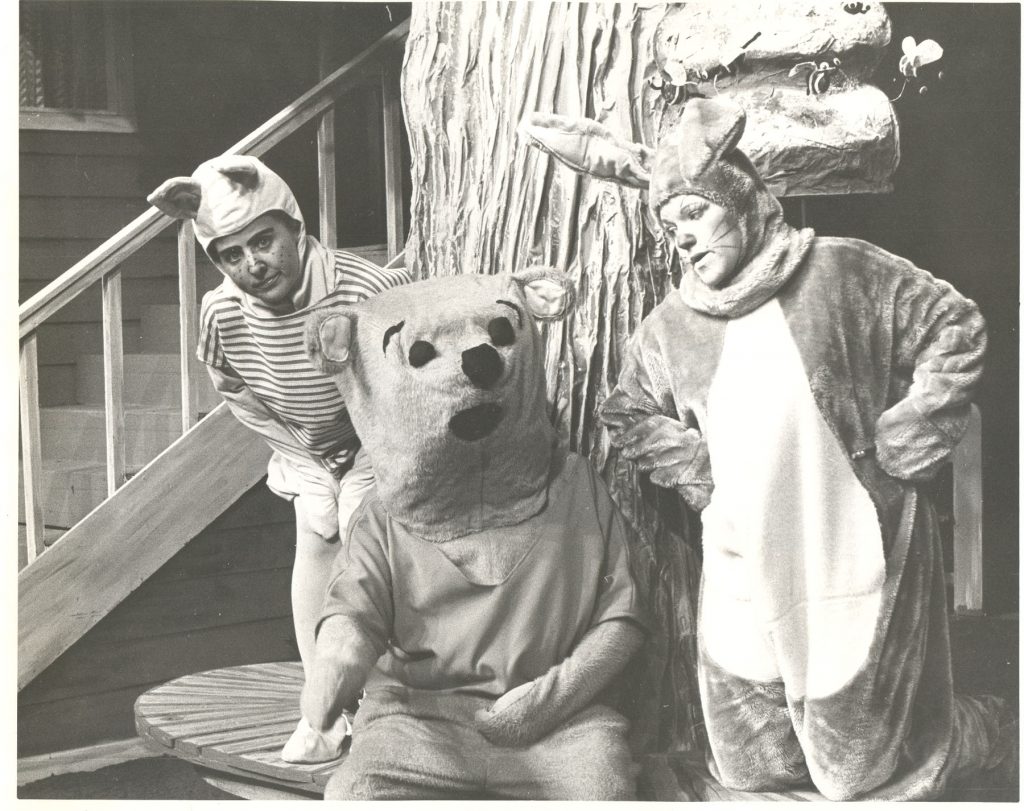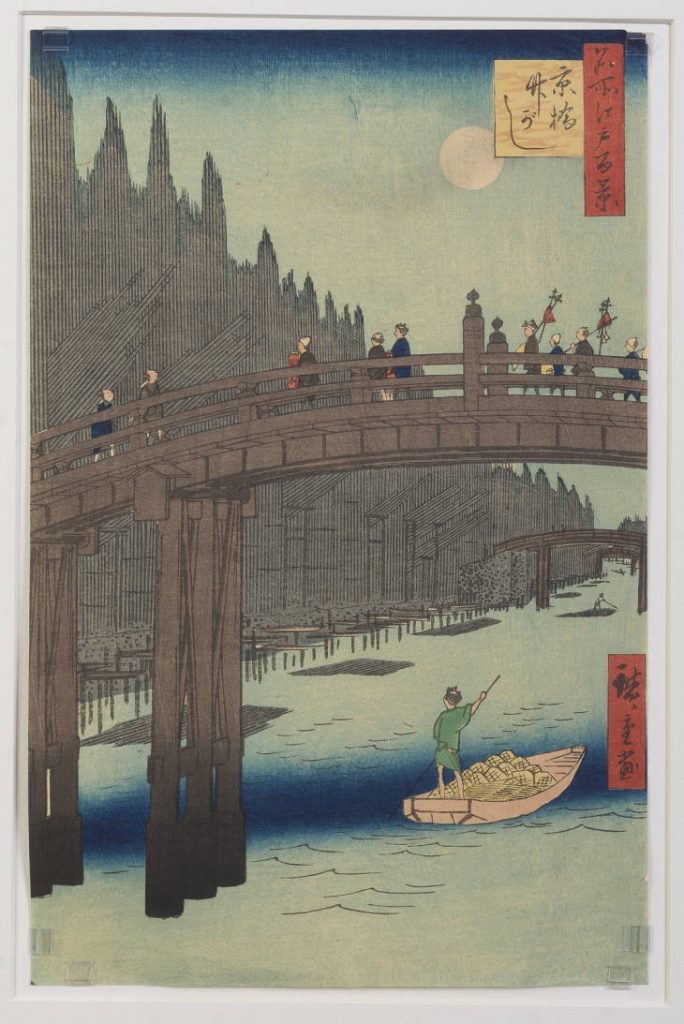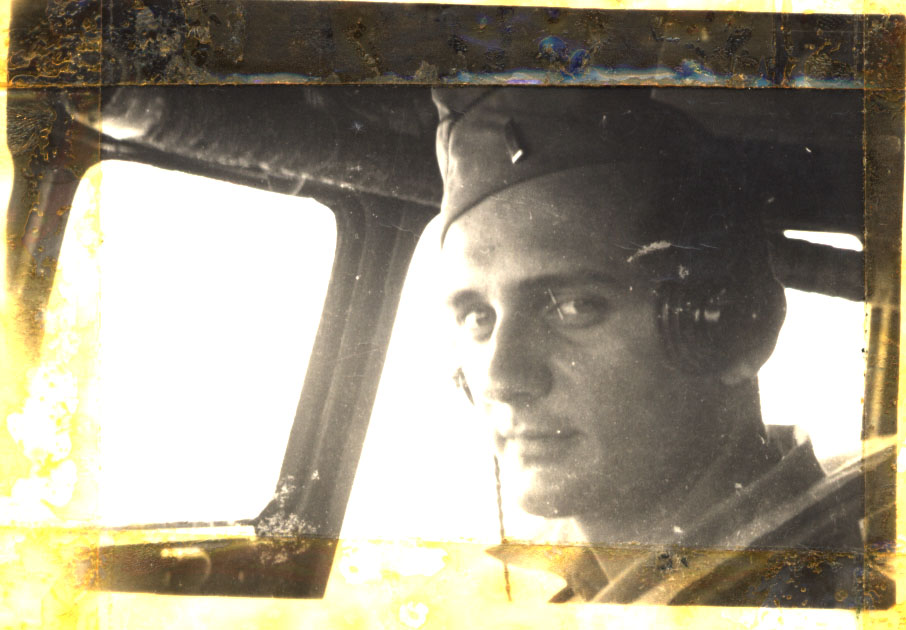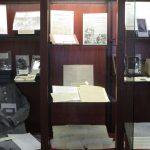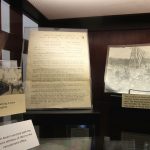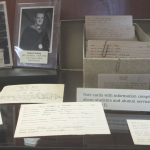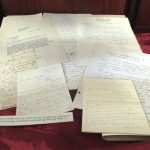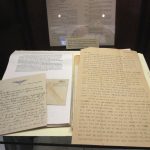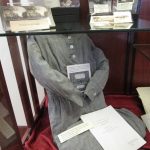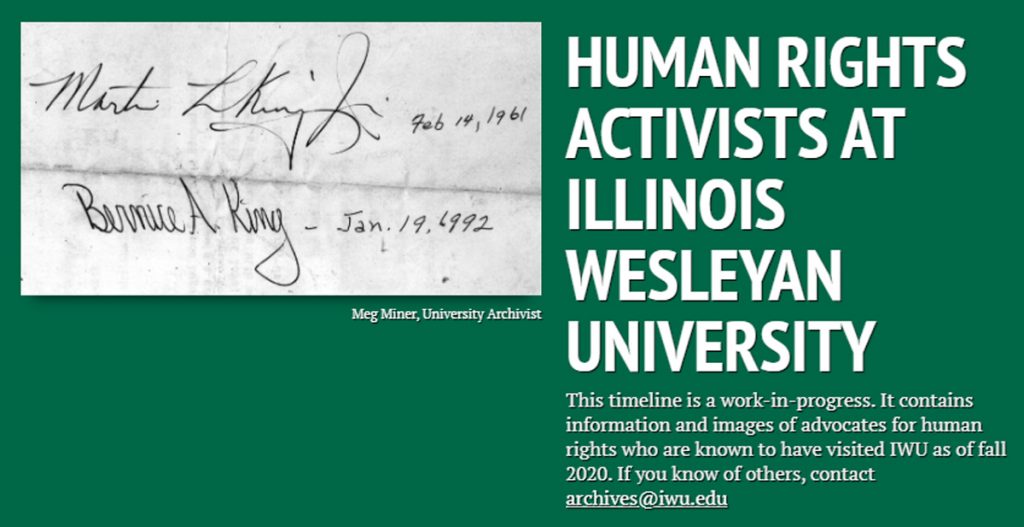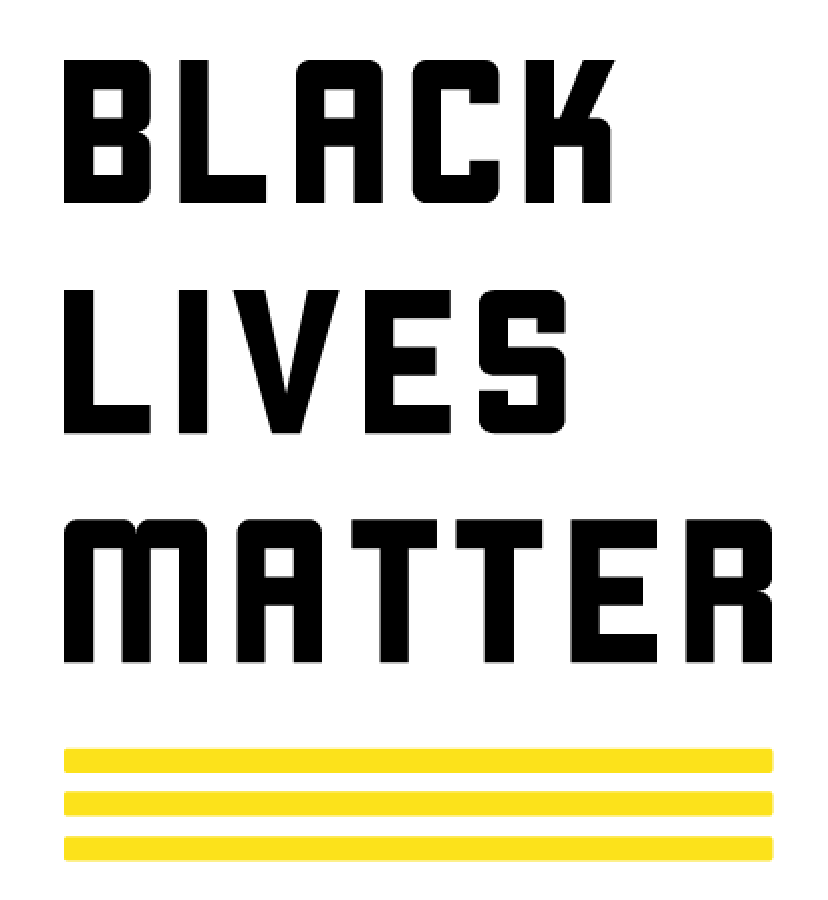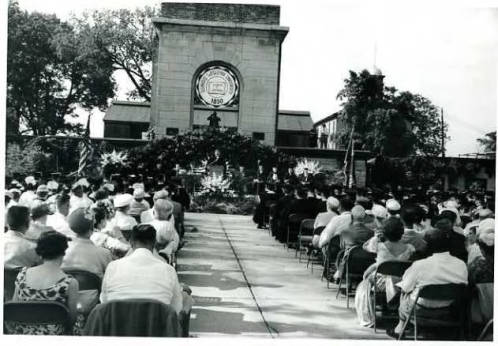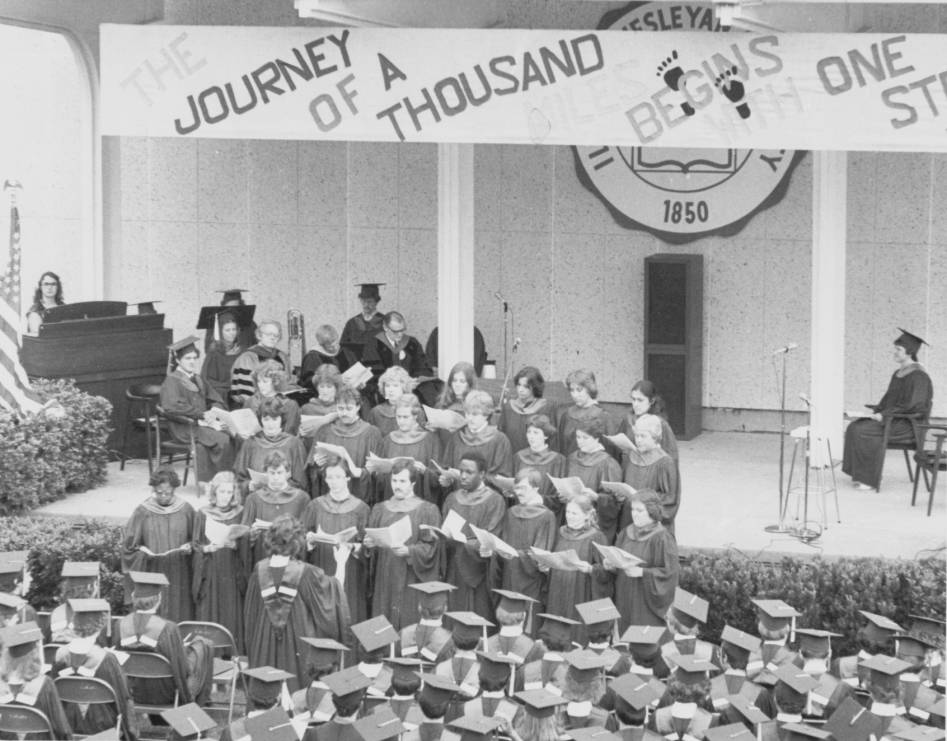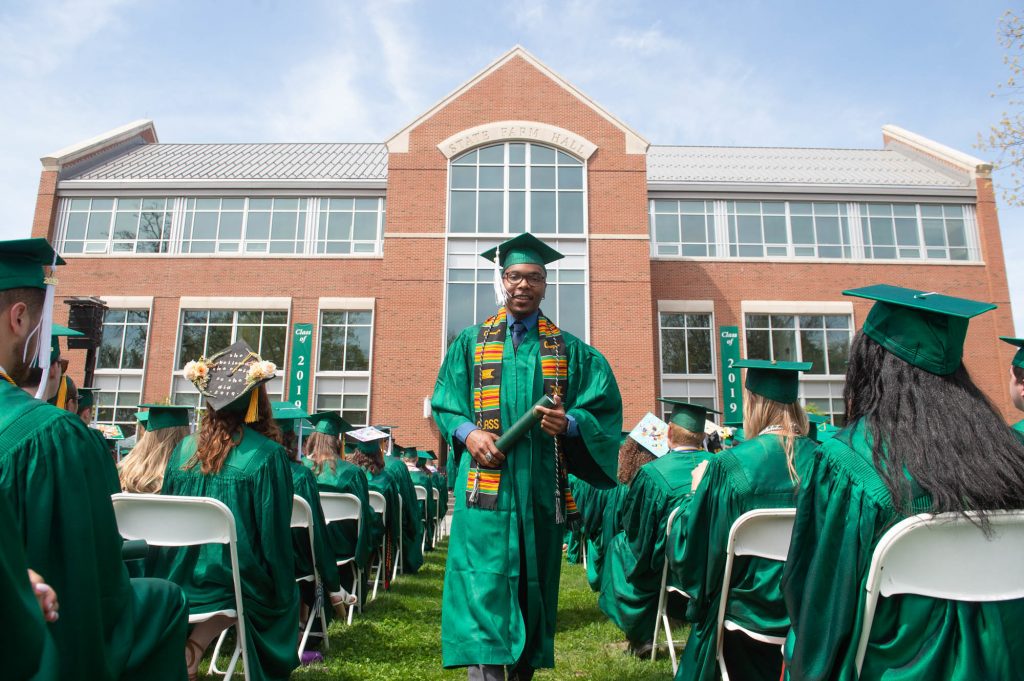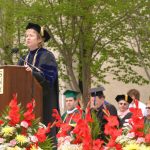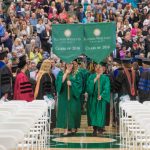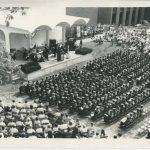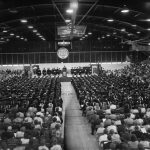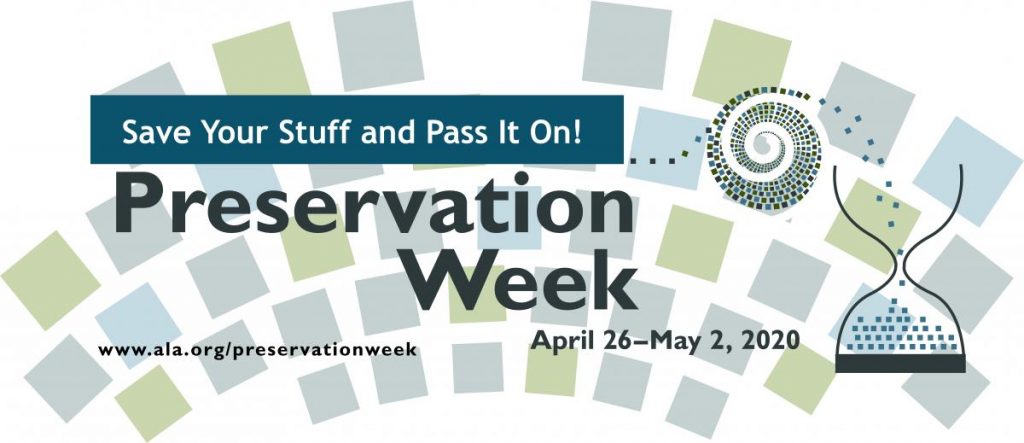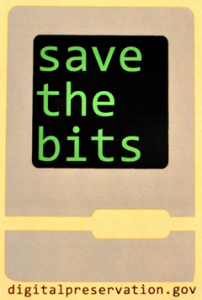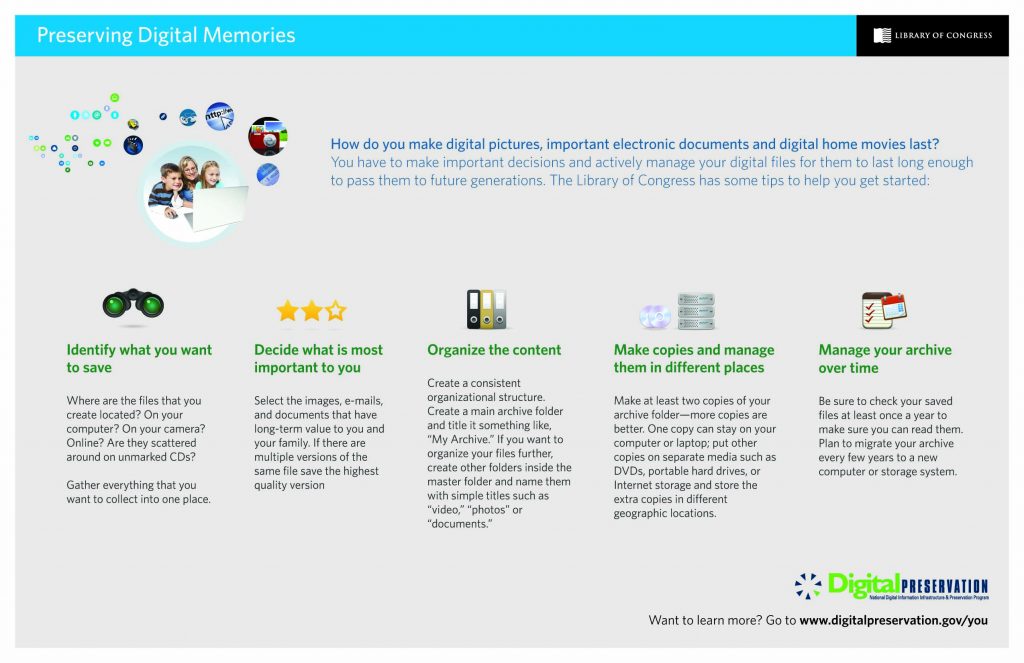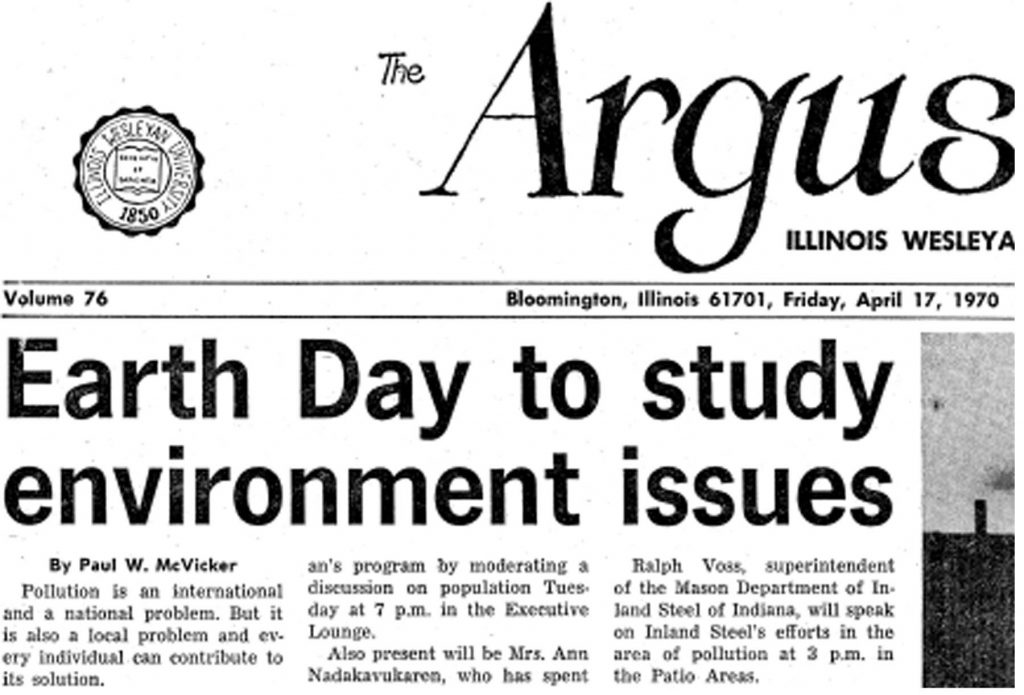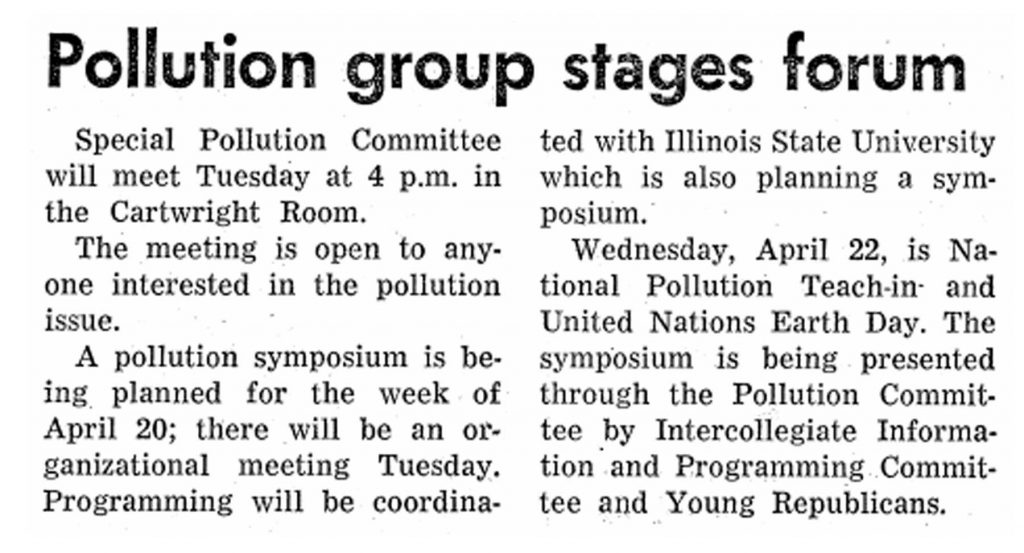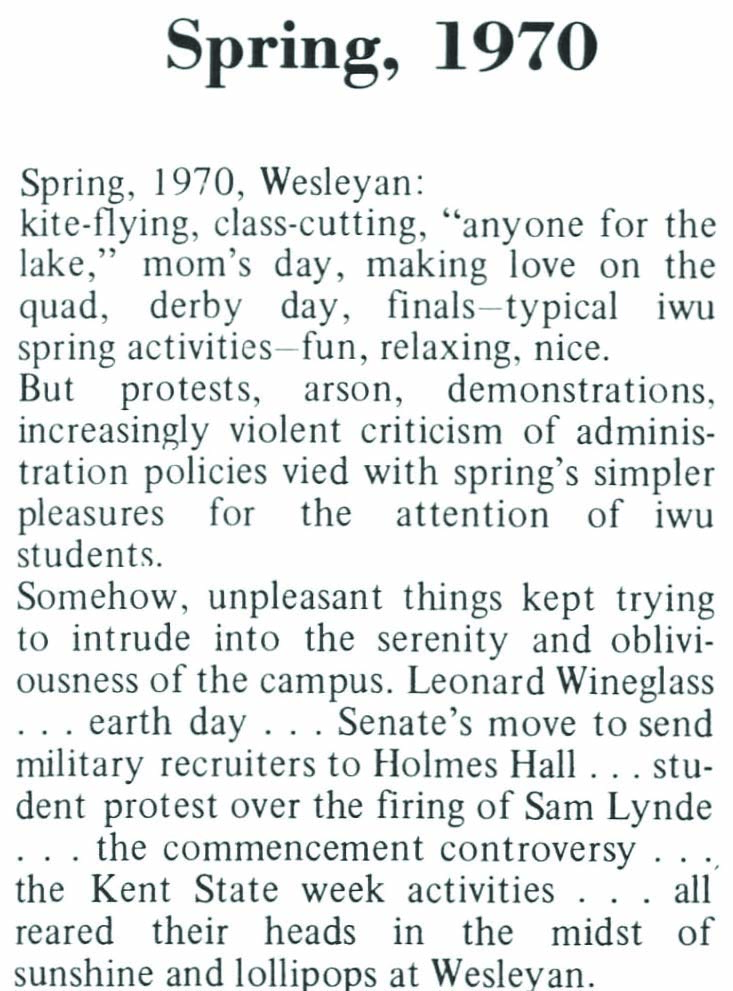Even though thousands of photos have been taken of theatrical performances, due to issues surrounding intellectual property rights, very few of them have been recorded and saved. In fact, the University’s archives has only six known films of performances. They have recently been digitized and are now available to the IWU community at the links that follow. Each link leads to a file that contains clips from all of the productions that were on that reel of film. All are in color but only the first three have sound. We welcome any information people can provide to expand our knowledge of the time periods, performances and individual performers shown in the clips.
Carnival and Equuis(?), 1978-79 Season
unknown summer productions Summer productions not named but some songs are from Follies so may be 1977-78 season. They include Mrs. Worthington, Let’s Fall in Love, Waiting for the Girls Upstairs, Who’s That Woman. A drama and other musical theater clips follow.
Unlabeled but the first is Midsummer Night’s Dream so may be 1976-77 season
Summer Theatre 1974 The label reads “Prisoner of 2nd Ave. – Drama 1975” but clips include images of production programs. Titles shown are Dames at Sea, Arsenic and Old Lace, The House of Blue Leaves, and The House at Pooh Corner.
1974-75 The label reads “Equus; Drama 1974-75” but clips include images of production programs. Titles shown are The Boys from Syracuse, The Night of the Iguana, Snow White and the Seven Dwarfs, The Good Woman of Setzuan, She Stoops to Conquer. At the end of the footage there is about a minute of film with images of IWU School of Drama personnel and a sign-off note from Director John Ficca.
Summer 1976 and 1976-77 The label reads “IWU: Summer 1976: Where’s Chelsey; Forty Carats; Good Doctor. 1976/77: Pajama Game; Delicate Balance; Jacques Blvd.”
A timeline of changes in the program name and degree requirements was published in an earlier post.

